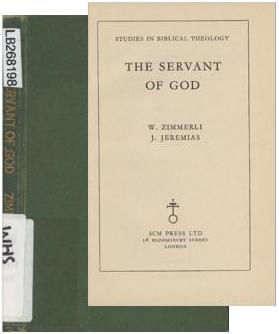I can’t resist a little bit of fun with two Christian responses to psychologist Eric Sprankle’s ribbing of the Virgin Mary story:
“The virgin birth story is about an all-knowing, all-powerful deity impregnating a human teen. There is no definition of consent that would include that scenario. Happy Holidays.”
He added: “The biblical god regularly punished disobedience. The power difference (deity vs mortal) and the potential for violence for saying ‘no’ negates her ‘yes.’ To put someone in this position is an unethical abuse of power at best and grossly predatory at worst.”
Jim West is the first to come to the defence of God and add the power of a Church and Academic authority against Mary:
But what the imbecile ignores is that Mary does in fact give consent to the operation of the Holy Spirit:
Mary said, ‘You see before you the Lord’s servant, let it happen to me as you have said.’ And the angel left her. (Lk. 1:38)
Then Holly Scheer marshals the altright media against Mary:
First, this is ridiculously offensive for anyone who has ever actually picked up a Bible and read the accounts of the angel telling Mary about Jesus and His birth. She knew, okay?
If people bother to look over Luke 1:30-33 in the Bible, they’d see that Mary was told about God’s plans for her, and she agreed to them: “And the angel said to her, ‘Do not be afraid, Mary, for you have found favor with God. And behold, you will conceive in your womb and bear a son, and you shall call his name Jesus. He will be great and will be called the Son of the Most High. And the Lord God will give to him the throne of his father David, and he will reign over the house of Jacob forever, and of his kingdom there will be no end.’ And the angel answered her, ‘The Holy Spirit will come upon you, and the power of the Most High will overshadow you; therefore the child to be born will be called holy—the Son of God.’”
Sprankle misses the following, extremely important verse. Mary understands the words of the angel, and, moreover, agrees to his plan: “Behold, I am the servant of the Lord; let it be to me according to your word” (Luke 1:38).
This isn’t some weird, spiritual rape, but one of the greatest honors recorded in the Christian Bible. Mary is chosen, from all women, in all time, across all nations, and all centuries to bear God himself in her own body. This wasn’t a punishment, an act of power or pain, but an honor, a blessing, and something that Mary rejoiced in.
So there! It’s as simple as that. If the victim is so overawed by the power of the man that she gives her verbal assent in the turmoil of the moment then that’s a secure defence and the man is given a free pass. The church will try to console Mary by reassuring her that every right-thinking teenage girl in the world would give her consent to such a famous rock star or powerful ceo or president, or even god himself.

